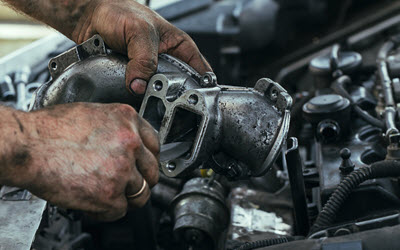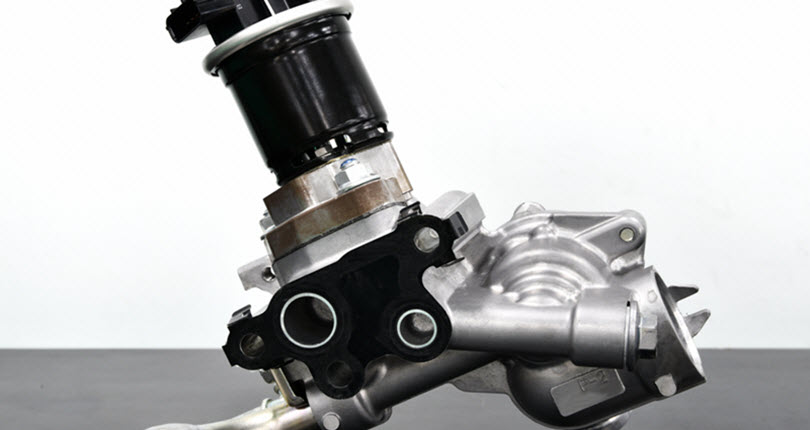Audi is one of the leading players in the luxury automobile sector, despite only being founded a few decades ago. The brand has consistently released high-quality vehicles that offer exceptional performance, luxury, and style. Audi‘s commitment to innovation has also helped it to stand out in the highly competitive luxury car market. In recent years, Audi has introduced a number of cutting-edge features, such as its virtual cockpit display and its traffic jam assist feature. These innovations have helped to make Audi’s cars some of the most desirable on the market. As Audi continues to push the boundaries of what is possible in the automotive world, it is likely that the brand will remain a leading player in the luxury car market for many years to come.
Luxury cars are a significant investment, and owners want to keep them on the road for as long as possible. To keep your luxury car in top condition, there are a few common issues that you should be aware of and address on a regular basis. For example, it is important to regularly check the engine oil level and tire pressure. In addition, the brakes should be inspected on a regular basis, and the air filter should be replaced as needed. Another part that you need to be aware of as an Audi owner is the EGR valve.
What is an EGR valve?
The EGR valve is a vital component of a car’s exhaust system. Its purpose is to recirculate exhaust gasses back into the engine, where they can be burned again. This process helps to reduce emissions and improve fuel economy. The EGR valve is typically located between the car’s exhaust manifold and intake manifold. It is controlled by either an electronic or vacuum-operated actuator. When the engine is running, the EGR valve opens and allows exhaust gasses to flow into the intake manifold. These gasses then mix with the air/fuel mixture in the cylinders and are ignited, just like any other combustion process. The EGR system is an important part of a car’s emission control systems, and it needs to be carefully maintained in order to function properly.
Signs of a Failing EGR Valve
One of the most common symptoms of a failing EGR valve is engine performance issues. If the valve is stuck open, it can allow too much exhaust gas into the engine, which can lead to a loss of power. Additionally, the valve may not open when it should, which can result in higher than normal emissions levels. Another symptom of a failing EGR valve is engine misfires. This can happen if the valve is stuck open or closed, and it can cause damage to the engine if left unchecked.
Of course, any of these issues can lead to your Check Engine Light illuminating to alert you that something is wrong. If you notice any of these symptoms, it’s important to have your vehicle checked by a qualified mechanic as soon as possible.
Protect Your EGR Valve with Regular Maintenance
In order for your engine to run smoothly, all of its parts must be working correctly. The EGR valve is one such part, and it plays an important role in regulating emissions. Unfortunately, the EGR valve can become clogged with soot and other deposits, which can reduce its efficiency and potentially damage the engine. However, there are a few things you can do to keep your EGR valve working properly. First, make sure to regularly change your engine oil according to the manufacturer’s recommendation. This will help to remove any build-up of deposits that could clog the valve. Second, have your vehicle’s emission system serviced on a regular basis. This will help to prevent soot from accumulating in the first place. By taking these simple steps, you can help to protect your EGR valve and keep your engine running smoothly.
Bring Your Audi to Peak Auto
If you suspect your Audi is experiencing EGR  valve failure, bring your vehicle to our experts at Peak Auto in Apex, NC. We can run any necessary diagnostics, handle any needed repairs, and establish a maintenance schedule to help prevent the same problem in the future. Call or stop by today to get started!
valve failure, bring your vehicle to our experts at Peak Auto in Apex, NC. We can run any necessary diagnostics, handle any needed repairs, and establish a maintenance schedule to help prevent the same problem in the future. Call or stop by today to get started!


